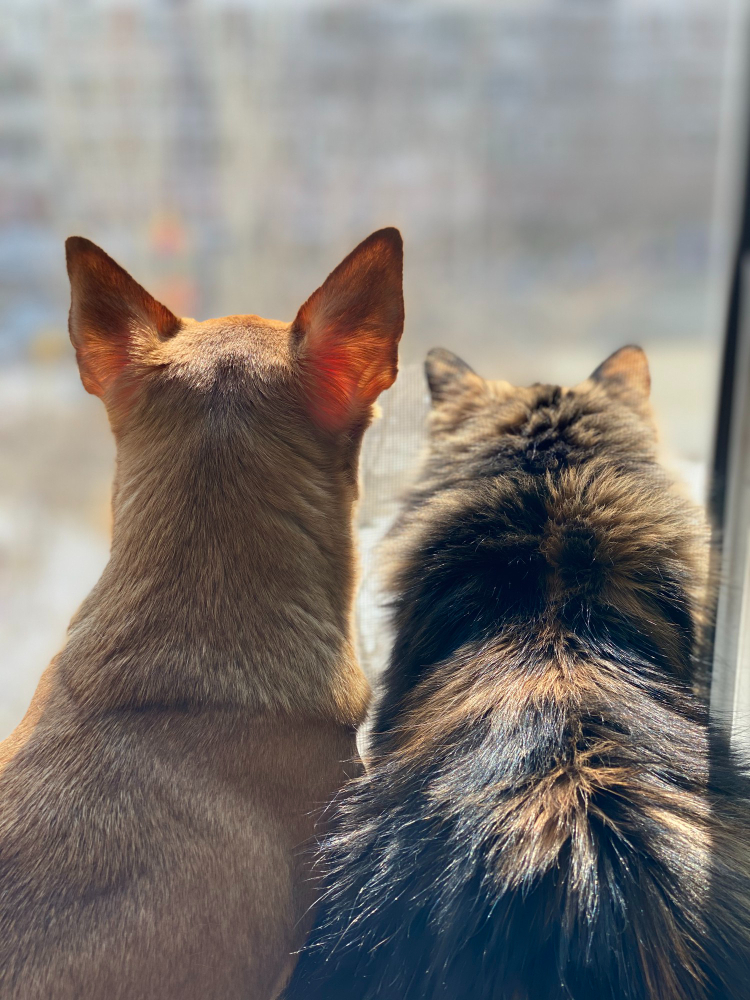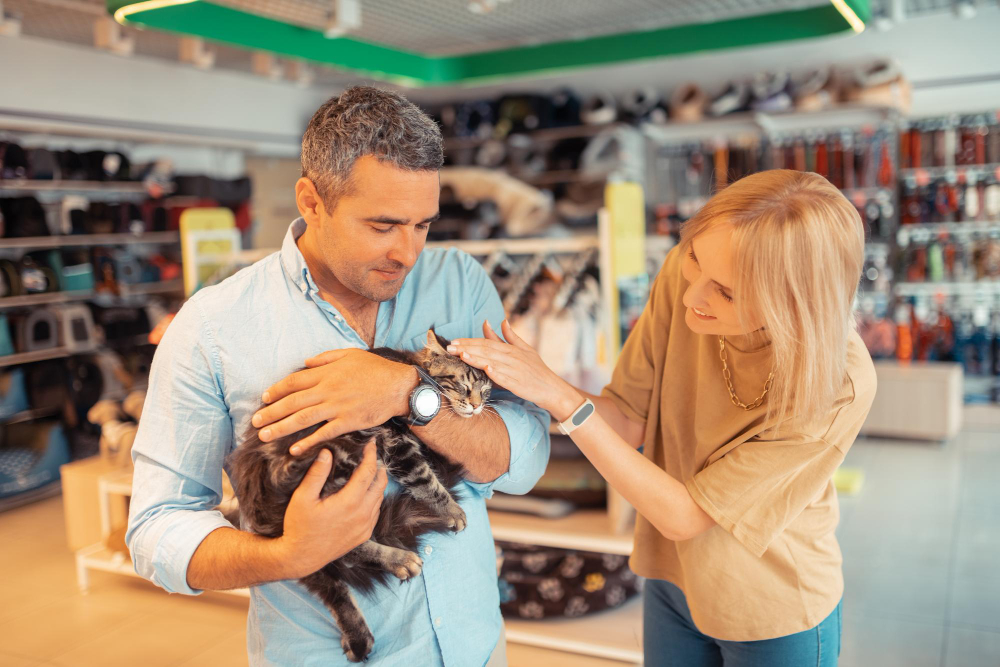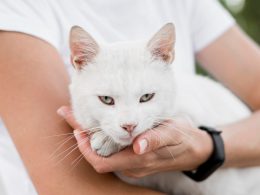Adopting kittens at 12 weeks is the right thing to do. However, 12 to 13 weeks is the ideal age for kittens ready for adoption. Your cat’s health, socializing, and growth are enhanced when it spends time with its cat mommy and littermates.
Weaning a kitten too early can put him at greater risk of having health problems down the road because the colostrum and antibodies in the mother’s milk are responsible for robust bone growth, eye health, and complete organ development.
Kittens taken away from their cat moms too early in life may also suffer behavioral difficulties. But on the other hand, the relaxing pheromones emitted by mother cats help them teach their kittens valuable lessons throughout their lives.
They may have difficulty cleaning themselves, may not know how to dispose of their waste in the litter box properly, or may have other behavioral issues if they were taken away from their mothers too early.
Cat socializing is impossible without exposure to a mother cat and her other kittens. You and your new cat may have difficulties getting along if you take it from its mother too soon.
Is It Ok to Take a Kitten At 8 Weeks?
Kittens as young as eight weeks old can usually be adopted from most shelters and rescues. However, many breeders wait until the kittens are at least 12 weeks old before deciding whether or not to breed them.
You’ve decided it’s time for a cuddly companion—in other words, a cat—to join your family. However, choosing just one from the many abandoned cats available for adoption might be challenging.
During the first few weeks of a kitten’s existence, most of its sustenance comes from its mother. Kittens are weaned after eight weeks, and for the first two weeks, they only drink their mothers’ milk, which contains antibodies that protect them from illness, particularly in the first 24 hours.
Cats can be weaned after eight weeks, but there are several advantages to allowing them to stay with their mothers for up to 12 weeks. This is because kittens go through a second socializing period at around nine weeks, continuing until around week 16.
Even though the cat is already eating solid food, it is still learning acceptable ways to play with other kitties and people. Those teachings in playfulness and cat behavior offer kittens more self-confidence, leading to more stable and pleasant cats later in their lives.
What Is the Best Age to Get a Cat?
Although kittens are a lot of fun, they are also a lot of work. For a baby cat to be healthy, it should be at least 12 weeks old.
In other words, you’ve decided that a feline member of the family would be a welcome addition to your household. While it may be difficult to choose just one of the many abandoned cats out for adoption, it is possible.
Adopting an adult cat or a young kitten has both advantages and disadvantages. Regardless of age, every cat has something unique to offer, but there are a few things to remember while making your final cat selection.
You may not have ever considered adopting more than one cat, but it is not unheard of for people to go to a shelter to adopt one cat and bring home two. There’s nothing more disappointing than falling in love with a gorgeous cat only to learn that she has a littermate or “best buddy” who must be adopted together.
In the end, you’ll get more than twice the joy if you have the space and means to care for more than one. For various reasons, two kittens are preferable to just one in many situations.
Is It Better to Get a Kitten or An Older Cat?
If you decide on a litter of kittens, you should be aware of both the advantages and disadvantages of this decision. Adopt an adult cat if you don’t want two kittens.
Adopting a cat often leads people to believe they should begin with a kitten. But unfortunately, most people don’t realize that caring for a kitten is much like caring for an infant.
Children run and hug their dogs quickly. Kittens may attack or claw children who inadvertently harm them. With a suitable adult cat, kids will have a better time and less impact on the cat.
Petting a kitten might be overwhelming for the elderly, who prefer the tranquil company of an adult or senior cat. In addition, pets and companions can be injured when even the most sure-footed teenager is knocked off their feet by a kitten.
An older cat is more docile and less prone to misbehavior. The characteristics of a fully developed adult cat are well-known. An adult cat may be an ideal pet for someone who prefers to keep a low profile, works outside the home, or has small children.
Do Older Cats Adjust to New Owners?
An older cat can adapt to a new family. Most senior cats may adjust to their new environment in one to two weeks. However, it may take up to three months for some elderly cats who have had unpleasant experiences.
When a cat is introduced to a new owner, it can take anywhere from one to six months for them to adapt. A cat’s rehoming procedure can be expedited by making it as easy as possible.
Cats are empathetic and build close relationships with their owners. They feel safe and secure since someone else takes care of their needs, making them happy and stable.
Rehoming a cat necessitates altering its existing habitat. It hasn’t yet formed pleasant associations with the new owners because it’s no longer in a familiar setting.
Cats perceive a threat to their long-term well-being when their owners or surroundings change. Trauma and sickness might also come from the stress that results from this. Cats, on the other hand, are remarkably adaptive.
A cat’s life is forever changed when a new owner comes into the picture. One of the most important factors is how long the pet has been with its owner. After a pet is rehomed, it is customary to exhibit strange behavior.














